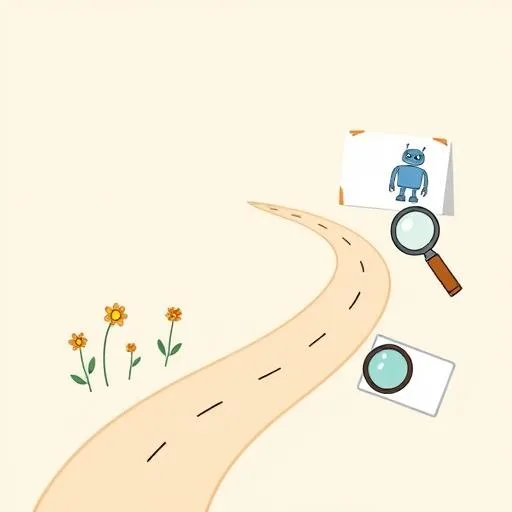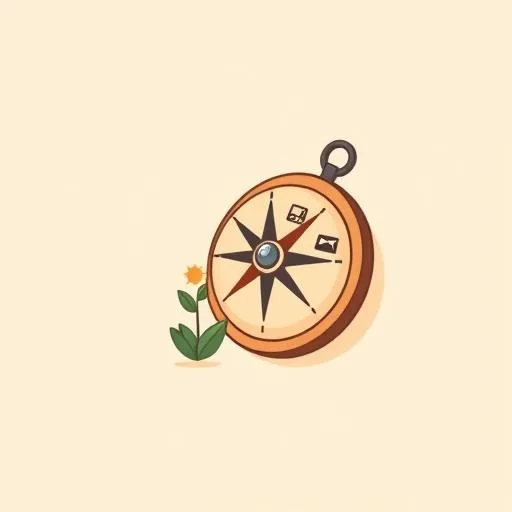
That moment when your child asks about robot bees or replays the same video six times—we’ve all been there. It’s easy to worry whether tech nourishes or drains their spark. But what if we could reframe AI not as a threat, but as a partner in helping kids grow roots? Regenerative intent—designing technology that heals rather than harms by tending the whole ecosystem—holds profound lessons for parenting. So, where do we start? Let’s explore how this mindset shift transforms our daily dance with digital tools.
How can regenerative thinking transform parenting in the tech age?

Picture an AI that only optimizes traffic flow: it might widen roads into rivers of concrete, drowning out playgrounds and street life. That’s extractive thinking—mining for one quick win while ignoring the ecosystem. Regenerative intent flips the script: the same AI becomes a gardener, nurturing soil health, pollinators, and community joy together. How does this resonate at home? When we focus solely on screen-time limits, we might miss the child’s curiosity beneath the tablet glow. Instead, what if we ask: Does this tech help grow their kindness? Their wonder? Their connection to real-world messiness?
Parenting regeneratively means seeing the whole garden—not just the tomatoes. Your daughter drawing robots? Celebrate the art, then take her outside to sketch the ants they resemble. Baking cookies with step-by-step apps? Discuss how ingredients work together like a team. Hey, it’s not about getting it perfect; it’s about intentional seeds. Remember: soil takes patience. That time she spilled glitter everywhere building ‘AI cities’? Messy? Yes. But her chatter about ‘robots helping plants grow’ revealed her regenerative spirit flourishing.
What are practical ways to use tech as a compass for family growth?

Regenerative systems thrive on tiny reinforcing cycles—like dandelions feeding bees that fertilize gardens. In kids, it’s similar: one tech moment can ripple into real-world magic. Research shows regenerative practices flourish through ‘mutualism’ and ‘diversity’, reminding us that growth happens in community. My seven-year-old once traded screen time for a magnifying glass after an animal app showed her ladybugs. She observed their dance for twenty minutes, then drew them carrying ‘tiny toolboxes to fix flowers.’ Tech didn’t replace play; it ignited curiosity that rooted in earth and imagination.
This stewardship approach transforms our role: we’re not gatekeepers, but garden guides. When an educational game explores weather, suggest building a rain-measuring cup together. If an app teaches empathy, ask How could we help someone this week? The goal isn’t screen avoidance—it’s weaving digital sparks into life’s fabric. Try this simple shift: swap ‘5 more minutes!’ with ‘What wonderful thing shall we explore next?’ Watch how play blossoms into something deeper—and isn’t that the harvest we truly seek?
How to start regenerative parenting with simple, joyful rituals?

Raising resilient kids isn’t about rigid rules—it’s sowing daily seeds where tech supports, not supplants, human thriving. Inspired by regenerative frameworks emphasizing ‘ecological worldview’ and ‘reflexivity,’ here’s how to start:
First, cultivate interconnectedness. During dinner, ask: ‘How did something you saw online connect to real life today?’ Maybe she noticed how birds fly like drone videos, inspiring backyard nest-building. Second, nurture mutual growth. Choose tech that brings you together: watch a planetarium app then stargaze, or co-create digital art to display in your hallway. Third, honor natural cycles. Notice how overstimulation drains wonder? Match tech use to energy rhythms—a calm morning app exploring leaves, active afternoons reserved for tag games. Like gardeners, we adapt: some days thrive with structured routines; others need wild, untamed exploration.
These aren’t chores—they’re joyful rituals. When my child suggested ‘AI picnic planning,’ we used a weather app to choose a sunny spot, then packed sandwiches without checking phones. Result? Uninterrupted laughter and a newfound love for cloud shapes. The tech served connection; the connection served growth.
Source: Regenerative Intent: How AI Can Heal Instead Of Harm, Forbes, 2025/09/07
